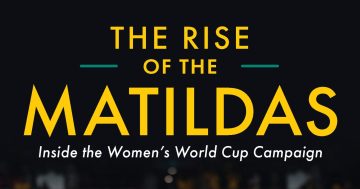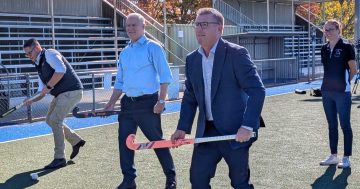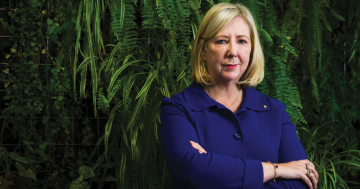 The Australian Human Rights Commission (AHRC) is to work with the Fédération Internationale de Football Association (FIFA) and the New Zealand Human Rights Commission ahead of the next FIFA Women’s World Cup, to be held in Australia and New Zealand in 2023.
The Australian Human Rights Commission (AHRC) is to work with the Fédération Internationale de Football Association (FIFA) and the New Zealand Human Rights Commission ahead of the next FIFA Women’s World Cup, to be held in Australia and New Zealand in 2023.
Sex Discrimination Commissioner of the AHRC, Kate Jenkins said the two national human rights Commissions, along with FIFA, would identify the human rights risks and opportunities associated with the World Cup and make recommendations for prevention and response.
“As part of the collaboration, an in-depth engagement and consultation process with national and international stakeholders will be conducted by the three organisations over the coming months,” Commissioner Jenkins said.
“While many benefit from major sporting events, we must also understand the human rights risks that are involved in delivering such complex and large-scale tournaments,” she said.
Commissioner Jenkins said the assessment would examine the potential human rights impacts of the Women’s World Cup on players, spectators, workers and local communities, with a focus on the appropriate treatment of workers and volunteers, as well as the inclusion, safety and wellbeing of players, workers and spectators.
“As part of that, the two Commissions will build on the extensive work conducted during the bidding phase for the tournament, including the human rights context assessment prepared by Griffith University,” the Commissioner said.
She said the human rights risk assessment would be conducted using the framework outlined in the United Nations’ Guiding Principles on Business and Human Rights.
Commissioner Jenkins said findings and recommendations would be published in a report, to be released later this year.
Chief Social Responsibility and Education Officer at FIFA, Joyce Cook said the 2023 Women’s World Cup was the first time that human rights requirements had been thoroughly embedded in the bidding phase.









